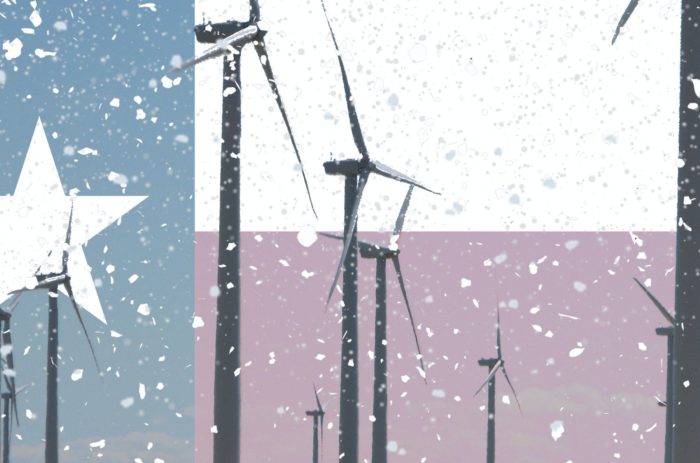redo Jump to...
print Print...

Emergency responders in hazmat suits on US Airways flight 845 from Philadelphia to Dominican Republic after a passenger caused a health scare. (YOUTUBE)
(by the Editors, National Review) – The threat of a widespread Ebola outbreak in the United States is small; the object should be to keep it that way. Banning travel to and from West Africa — most importantly, Guinea, Liberia, and Sierra Leone, where Ebola is epidemic — is a commonsense measure that would help to keep the disease contained and the risk of its spread abroad low.
The White House, or the White House working with Congress, could quickly and easily establish a blanket ban on travel. They could also provide for appropriate exceptions to ensure that aid continues to reach afflicted areas. Travel to West Africa should be restricted to approved military personnel and monitored aid and medical workers, while travel from West Africa to the U.S. should be handled on a case-by-case basis. One possible procedure would be to allow individuals currently in West Africa to apply through the U.S. government for a special visa, and, with approval, to leave the country after demonstrating that they were not infected. Such exceptions were routinely available under the HIV/AIDS-related ban in effect in the U.S. from 1987 to 2010.
The ban should, of course, apply to a traveler’s country of origin, preventing persons from West Africa from entering the United States via other countries. Such a ban would, in theory, have prevented entry to Thomas Eric Duncan, the first person to be diagnosed with Ebola in the United States, who arrived from Liberia via Belgium. Furthermore, it would have protected the two hospital workers who contracted the disease through their interactions with Duncan.
No, the ban would not work perfectly. But an inability to eliminate all risk whatsoever should not disqualify efforts that would reduce it, and restrictions would substantially curtail travel from high-risk nations and minimize the risk of Ebola-infected patients reaching American shores.
The situation in Dallas makes clear that it is easier to protect Americans from the disease by keeping it abroad than by addressing it when it arrives. Screening procedures failed, because prior to boarding in Liberia, Duncan lied about his contact with the disease. When Duncan told staff at Texas Health Presbyterian Hospital that he had just returned from Liberia, they took no notice and sent him home with a fever of 103 degrees. The two hospital workers now suffering Ebola were the victims of minor missteps in following safety guidelines. Even with American health standards and procedures, treating and containing the virus affords ample opportunities for accidental transmission. The U.S. can reduce that risk by instituting travel restrictions that will minimize Americans’ contact with the virus and keep the treatment process, as much as possible, abroad.
Fear of an Ebola outbreak is probably overblown: There are diseases that are more contagious. But risk multiplies if politicians refuse elementary measures. Prudent action now can prevent a real emergency in the future.
Published Oct. 15, 2014 at National Review .com. Reprinted here Oct. 16, 2014 for educational purposes only. May not be reproduced on other websites without permission from National Review.
Questions
1. What is the main idea of this editorial?
2. Do you think the Editors are understating the problem, going overboard with their suggestion, or have the right idea? Explain your answer.
3. The Centers for Disease Control and Prevention (CDC) is the U.S.’s national public health institute. It is a federal agency under the Department of Health and Human Services. Its main goal is to protect public health and safety through the control and prevention of disease, injury, and disability. Should the CDCs goal of “prevention of disease” include banning flights from West Africa? Explain your answer.

